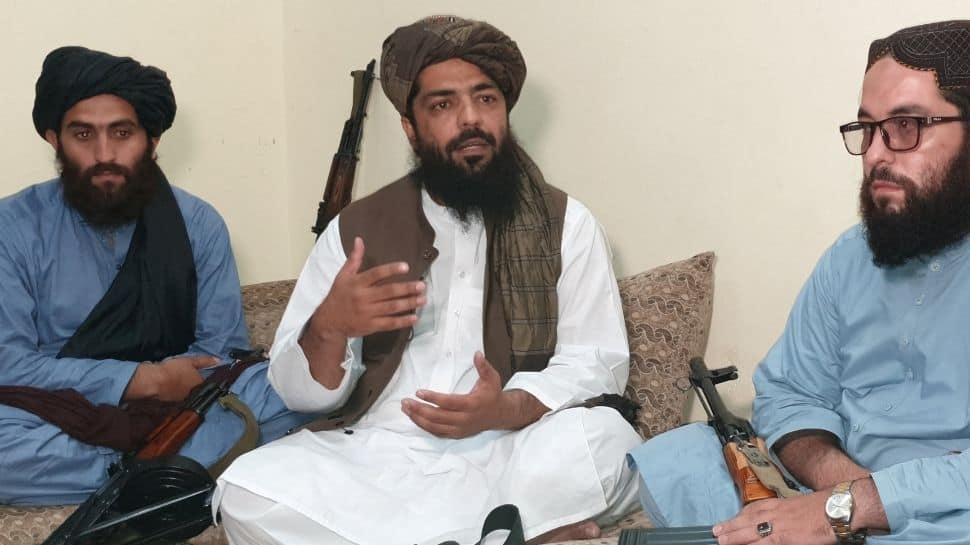Kabul (Afghanistan): Wahidullah Hashimi, a senior Taliban member who has access to the group’s decision-making, says Afghanistan may now be governed by a ruling council that has been taken over by the Taliban. Speaking to Reuters news agency, Hashimi said that the supreme leader of the Islamic terrorist movement, Haibatullah Akhundzada, would likely remain in charge of the overall.
not a democracy
While the Taliban are still considering the structure of the government, the system of government is clear, with the senior member saying it will be “an Islamic government based on Sharia law, there will be no democratic system because it has no basis in our country.” “
The Taliban will also reach out to former pilots and soldiers of the Afghan armed forces to join their ranks. On recruiting soldiers and pilots who fought for the ousted Afghan government, Hashimi said the Taliban planned to establish a new national force that would include its own members as well as government troops willing to join. “Most of them have trained in Turkey and Germany and England. So we will talk to them to get back to their positions,” he told Reuters. He said he would have to make some changes, some reforms in the army, “but still we need him and will call him to come with us.”

Wahidullah Hashimi, a senior Taliban commander, speaks to Reuters during an interview at an undisclosed location near the Afghanistan-Pakistan border (Photo: Reuters)
country race daily
Hashimi noted that a council would govern Afghanistan and oversee day-to-day activities, while Taliban supreme leader Haibatullah Akhundzada is likely to remain in overall charge. It commemorates the previous Taliban regime in Afghanistan from 1996 to 2001. Then, Supreme Leader Mullah Omar remained in the shadows and left the day-to-day running of the country to a council.
President of Afghanistan
“Maybe his (Akhundzada’s) deputy will play the role of ‘president’,” Hashimi told Reuters. The Supreme Leader of the Taliban has three representatives – Mullah Omar’s son Mawlawi Yacoub, Sirajuddin Haqqani, leader of the powerful terrorist Haqqani network, and Abdul Ghani Baradari, who heads the Taliban’s political office in Doha and is one of the founding members of the group.
However, Baradar has so far been touted in the mass media as the next chief. Born in 1968 in Uruzgan province, Baradar is the second most senior leader in the Taliban hierarchy after Haibatullah Akhundzada. He was released from a Pakistani prison less than three years ago at the request of the US. Baradar is also the political head and most notable public face of the Taliban today.
(with Reuters inputs)
.